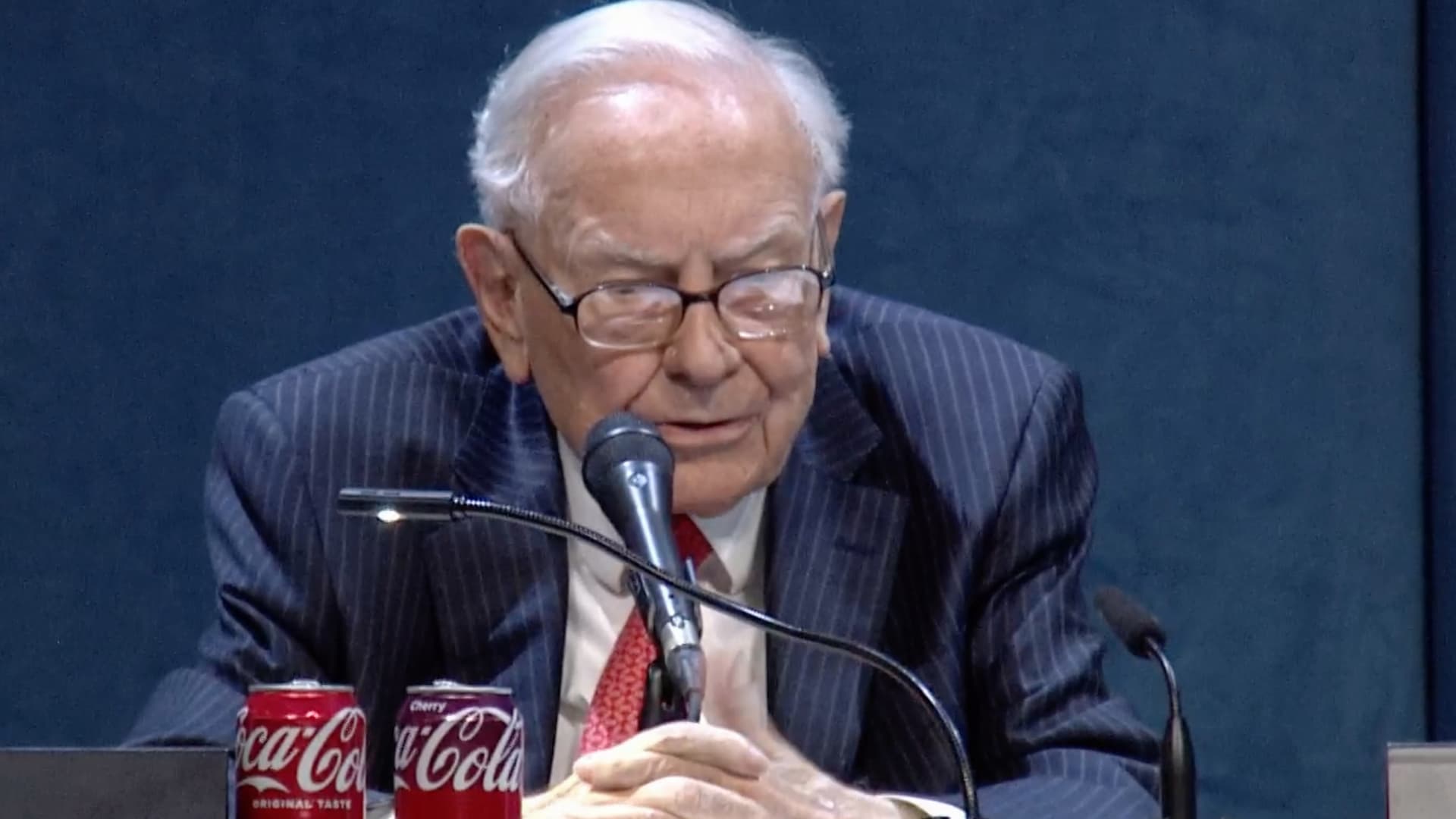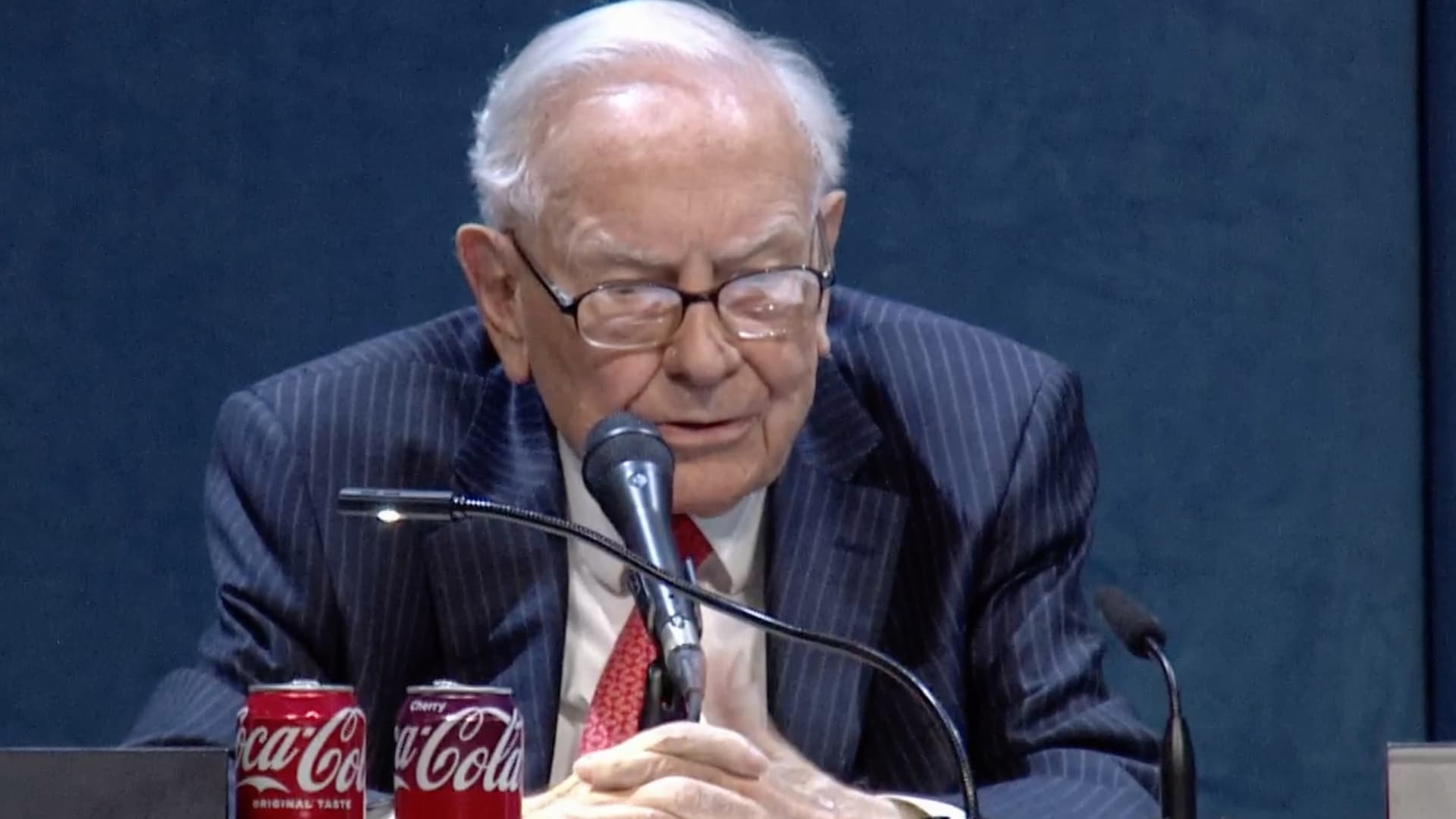The Evolving Valuation of Berkshire Hathaway
The Disappearance of the ‘Buffett Premium’
For decades, Berkshire Hathaway’s stock has been a beacon of stability and growth, buoyed by the unparalleled investment acumen of Warren Buffett. This phenomenon, known as the “Buffett premium,” saw the stock trading at a valuation exceeding its intrinsic worth, driven by investor confidence in Buffett’s leadership. However, recent developments signal a shift in this dynamic. The announcement of Buffett’s planned succession and increased selling activity have led to a notable erosion of this premium, prompting a reassessment of Berkshire’s future prospects.
The core issue revolves around the unique value investors placed on Buffett’s presence. This premium represented the extra price investors were willing to pay, acknowledging his exceptional track record in capital allocation and stock selection. Historical shareholder letters often highlighted Berkshire’s stock trading at a significant premium over book value, a testament to this faith. However, the impending leadership transition, with Greg Abel slated to take the helm at the end of 2025, has introduced uncertainty. While Abel’s succession was anticipated, the formal announcement triggered a sell-off, with shares dropping as much as 5% and wiping out $59 billion in market value.
This reaction isn’t necessarily a reflection of doubt in Abel’s capabilities but rather a recognition that Berkshire without Buffett is a different entity. The market is recalibrating, moving towards a valuation based on fundamentals rather than the aura surrounding its legendary leader. Analysts are now expecting short-term volatility as the market adjusts to this new reality, and some, like those at UBS, have already lowered their price targets, explicitly citing the end of the “Buffett premium.”
Buffett’s Recent Activity and Market Interpretation
Adding to the downward pressure is Buffett’s recent investment activity. Berkshire has been a net seller of U.S. stocks, increasing its already substantial cash reserves to a record $334.2 billion (a figure that appears to be a typo in the provided data, likely intended to be $334.2 billion). This behavior, while not unprecedented—Buffett has historically held significant cash positions to capitalize on market downturns—is being interpreted as a lack of compelling investment opportunities and a cautious outlook on the market.
The selling of shares in companies like ULTA and others further fuels this narrative. While some disagree with these decisions, believing in the long-term potential of those stocks, the market is reacting to Buffett’s moves as a signal of caution. Interestingly, even during a recent market slump, Berkshire refrained from major purchases, instead opting to trim holdings in financial stocks, a move that further solidified the perception of a conservative strategy.
Historical Context and Valuation Shifts
Berkshire’s valuation has always been a subject of debate. Buffett himself acknowledged in past shareholder letters that the stock’s price sometimes exceeded intrinsic value, particularly during strong market periods. He even stated that Berkshire might underperform when the market was exceptionally bullish. This historical context is crucial. The current situation isn’t entirely novel; Berkshire’s stock has experienced periods of correction before. However, the catalyst this time is different—it’s not a market-wide correction, but a company-specific reassessment triggered by a leadership change.
The early days of Berkshire, as highlighted in the company’s history, demonstrate a different valuation dynamic. Buffett began acquiring shares in 1962 at a mere $7.50, recognizing its undervaluation. This contrasts sharply with the recent peak of $809,350 for Class A shares, a price heavily influenced by the “Buffett premium.” The current correction, bringing the price closer to the $728,415 level representing a 10% correction, can be seen as a return to a more fundamental valuation.
The Impact of the Succession Plan
The announcement of Greg Abel as the future CEO, while planned for years, has undeniably shaken investor confidence. The market is now focused on how Abel will navigate the challenges of leading a conglomerate of Berkshire’s size and complexity without the benefit of Buffett’s reputation and experience. The concern isn’t necessarily about Abel’s competence but about the potential for strategic shifts and a departure from the investment principles that have defined Berkshire’s success.
The fact that Buffett will remain as chairman offers some continuity, but the CEO role is pivotal. Investors are scrutinizing Abel’s past decisions and seeking reassurance that he will maintain the disciplined, value-oriented approach that has been central to Berkshire’s long-term performance. The lack of immediate clarity on Abel’s vision is contributing to the current uncertainty and the erosion of the “Buffett premium.”
Navigating the Future: Opportunities and Risks
Despite the recent decline, Berkshire remains a formidable company with a strong balance sheet, a diversified portfolio, and a proven track record. The company’s substantial cash reserves provide it with the flexibility to capitalize on market opportunities, and its defensive assets position it well to weather economic downturns.
However, the absence of the “Buffett premium” presents both challenges and opportunities. Berkshire will need to demonstrate its ability to generate attractive returns under new leadership to regain investor confidence. This will require Abel to articulate a clear vision for the company’s future and to deliver consistent results.
For investors, the current situation presents a potential buying opportunity but also requires a careful reassessment of the company’s prospects. The days of relying on the “Buffett premium” are over. Future returns will depend on Berkshire’s ability to adapt to a changing market landscape and to execute its strategy effectively under new leadership.
A New Chapter, A New Valuation
The decline in Berkshire Hathaway’s stock price isn’t a sign of weakness but a necessary recalibration. The era of the “Buffett premium” is drawing to a close, forcing investors to evaluate the company based on its underlying fundamentals. While the transition period will likely be marked by volatility, Berkshire’s inherent strengths and Abel’s potential to lead the company successfully suggest that it remains a compelling long-term investment—albeit one that will be valued on its merits, rather than on the legacy of a single, extraordinary investor. The future of Berkshire Hathaway will be defined not by who it was under Warren Buffett but by who it becomes under Greg Abel. This new chapter offers a unique opportunity for the company to redefine its value proposition and continue its legacy of success.












